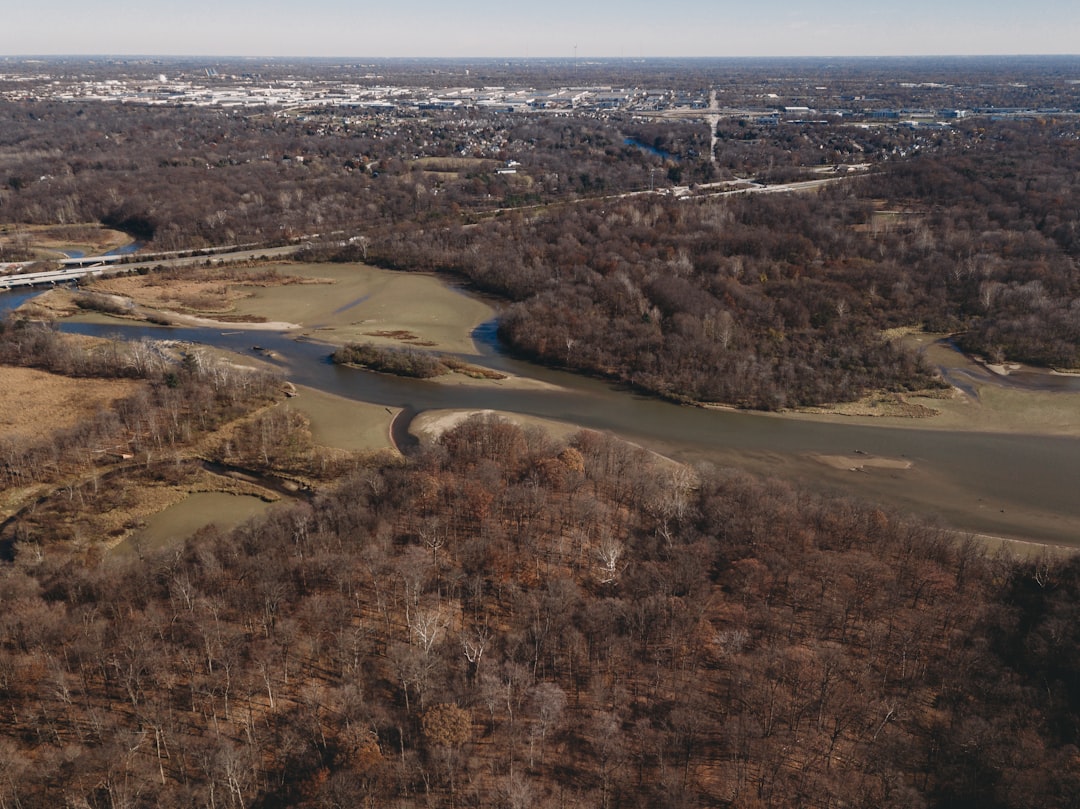What is it about?
This parper proposed a knowledge embedded close-looped (KECL) deep learning framework to address the non-bidirectional mapping problems in seismic inversion. These problems are insufficient labels and uncertainty of solution. In this deep learning framework, knowledge of the Robinson convolutional model is embedded to address the problem of insufficient labels. Furthermore, semi-supervised learning is used as prior information to reduce the uncertainty of solution.
Featured Image

Photo by Maxim Berg on Unsplash
Perspectives
The motivation of this paper is to perform seismic inversion using artificial intelligence models. However, after several attempts, we did not achieve satisfactory results. Analysis reveals that the reason for the unsuccessfulness of our previous attempts is due to two particular problems of intelligent seismic inversion, i.e., under-labelling and uncertainty in the solution. Therefore, in this paper, we propose a deep learning network for knowledge embedding to solve these two problems. We hope that this interesting paper will be helpful to researchers working in the field of intelligent inversion
Lei Zhu
China University of Petroleum Huadong
Read the Original
This page is a summary of: A Knowledge-embedded Close-looped Deep Learning Framework for Intelligent Inversion of Multi-solution Problems, Geophysics, December 2023, Society of Exploration Geophysicists,
DOI: 10.1190/geo2023-0334.1.
You can read the full text:
Contributors
The following have contributed to this page










